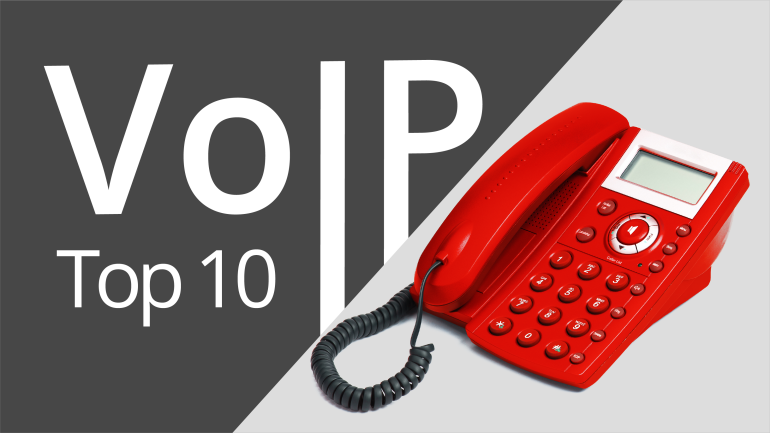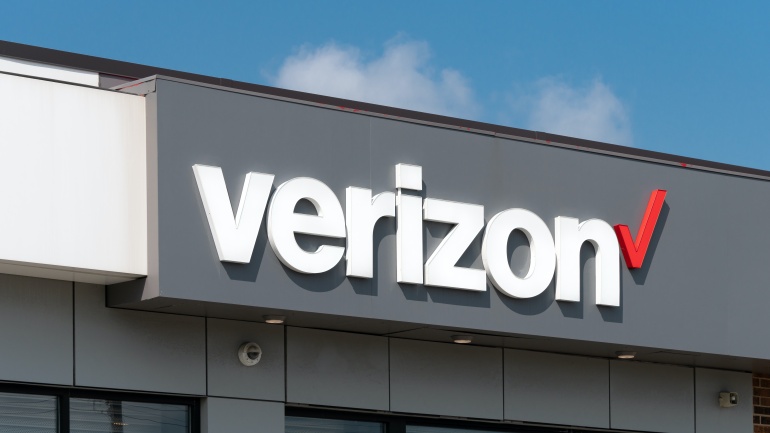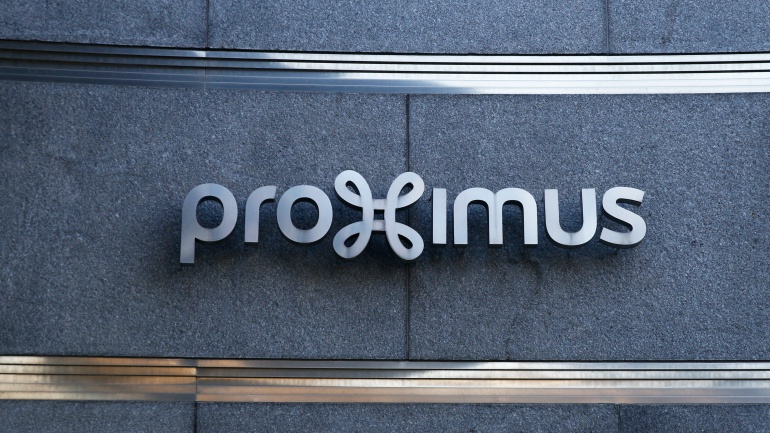Singapore based Epsilon Telecommunications, a global connectivity provider simplifying the connectivity for companies, applications and information worldwide as well as in the cloud, has been acquired for $145 million by KT Corporation, South Korea’s largest telecommunication operator. Epsilon has 260 points of presence in 41 locations across 20 countries, including the Chinese mainland. Furthermore, the firm has data centers in London, New York and Singapore. The firm offers cloud, ethernet, SD-WAN, colocation and voice services, as well as its own network-as-a-service platform called Infiny. “The acquisition of Epsilon by KT is a great milestone on our company’s journey and recognition of the hard work of our teams across the globe,” said Michel Robert, Chief Executive Officer at Epsilon Telecommunications. “The acquisition is a logical next step for both businesses and a fantastic opportunity for customers, partners and internal teams.” KT purchased the company in collaboration with the…
Ericsson has announced the launch of its Private 5G, which will reshape on-site connectivity by providing secure and simple 4G LTE and 5G Standalone Connectivity (SA), targeting the manufacturing, mining and process industries, offshore and power companies, as well as ports and airports. Ericsson Private 5G enhances and makes business operations using cloud network management easier, keeping sensitive data on-site without downtime, and guarantees high performance under Service-Level Agreements (SLAs). The Ericsson 5G Private network is based on a 4G/5G radio and dual-mode core technology for extensive indoor and outdoor environment use cases, that include tracking assets and real-time automation, a digital twin to help optimize production operations, effective quality checks using augmented reality, and smart surveillance drones. This technology seamlessly merges with a variety of business projects, devices, and applications to increase productivity, deliver new offerings, boost customer engagement, and improve the overall work environment. The…
Artificial intelligence is exerting its influence on almost every sector, including telecommunications. This technology has begun to add impressive new dimensions to many industries, accelerating the digital transformation. According to Tractica, annual investment in telecommunications AI software is expected to grow to more than $11.2 billion in 2025. The telecommunications industry is at the heart of technological growth and digital transformation. The industry is huge. 54 telecommunications companies are listed on the Forbes Global 2000 list. They account for more than $3.4 trillion in assets and almost $1.5 trillion in income in 2020. The potential of AI in the telecom industry is immense. By taking advantage of this technology, organizations can create supplementary revenue streams using business niches they had not even thought could be profitable. The demand for higher quality telecom services and a better customer experience grows. Therefore, service providers need to look for smarter, more powerful and…
Telefonica, a Spanish international telecommunications company, has sold its four Data Centers (DCs) to a leading independent investment management company Asterion Industrial Partners in exchange for a 20 percent stake in the Nabiax hosting business. With this deal, Telefonica is forming a strategic partnership with the company’s current shareholder, Asterion and its co-investors, who retain the remaining 80% of the share capital. Two of the properties sold are located in Chile and two are in Spain. The contract includes an agreement for housing services in the four DCs on identical terms and conditions as set out in the previous transaction. The deal does not include the sale of Telefónica’s owned servers, as well as the management and access to their customers hosted on those servers. As a result, Telefónica will continue providing and managing the services it has offered to its customers from these data centers and will support…
A good VoIP provider ensures seamless online telecommunications services of the highest quality for business of all sizes, making interactions easier and more gratifying for both employees and customers. Plus, the best thing about VoIP services is that they are less expensive than traditional phone systems and much easier to set up. In addition, with cloud VoIP, clients can move direct extensions to new geographic locations with just a few clicks in the provided self-management platform. However, choosing the right service provider is not such an easy task. With so many options, how do you decide which one is right for you? If you are having a hard time choosing one, then you are in the right place. In this article, we discuss the top-rated VoIP systems for 2021. 8×8 Inc. provides cloud communications and customer engagement solutions. This includes voice, contact center, video, mobile and unified communications…
Verizon Business has announced the addition of Genesys Cloud as part of its global customer experience and contact center offerings. Together with Genesys, the company is able to offer its business customers a cloud-based contact center solution. Genesys Cloud will provide businesses with access to the Verizon network and include a contact-center-as-a-service solution to communicate with their customers. The Cloud-based Contact Center as a Service from Genesys enables businesses to deliver a customer experience (CX) that is top class. The solution is delivered on an end-to-end, cloud-based remote access platform that takes advantage of Verizon’s network. In addition, the Verizon Business customer experience portfolio includes Genesys Engage subscriptions, that provides a passage from on-premises to hybrid cloud and public or private cloud deployments. Furthermore, because contact centers rely on digital, primarily remote operations, Genesys Cloud will allow remote agents to take advantage of all the capabilities the contact…
Nokia announced on Monday that Deutsche Telekom (DT) has chosen the Finnish multinational telecommunication provider to convert DT’s optical network into a service-oriented platform. The transformation will allow Deutsche Telekom to provide its customers with an improved service quality experience, by upgrading the existing network to an expansive and automated one. The use of automation will help the operator to simplify and organize operational tasks to make more efficient use of network resources. Deutsche Telekom will adapt Nokia’s optical transport portfolio to become a higher-capacity, self-regulating network that meets residential and Industry 4.0 requirements. This gives Nokia the opportunity to promote its ‘Wave’ Brand optical transport portfolio: the Nokia WaveFabric service-ready platforms and the Nokia WaveSuite software portfolio, that includes the Nokia 1830 Photonic Service Switch (PSS) provided by the PSE- V family of coherent DSPs (digital signal processors). This solution will revolutionize Deutsche Telekom’s optical backbone network…
Proximus Group, Belgium’s largest telecommunications company, has announced the acquisition of Mobile Vikings, a youth-oriented mobile virtual network operator (MVNO), from DPG Media for $158 million. In its report, Proximus stated that Mobile Vikings, which employs around 80 people, would act as a separate entity if the transaction were to be completed, as it is subject to approval by the Belgian Competition Authority. The transaction, which is expected to close next year, will give the current Belgian company around 335,000 additional customers. Proximus would also acquire Jim Mobile, which is part of the Mobile Vikings entity, as part of the transaction. According to the Belgian company, acquiring the Mobile Vikings was in fulfilment of its strategy up to 2022, which aims to open up opportunities in additional market segments and optimize its position in the residential sector. In purchasing Mobile Vikings, the company considered factors such as network…
DIDWW, an Irish-based telecom operator providing global telecommunication services, has announced the news of its upcoming new and improved API functionality. These updates will assist customers to fully automate their telephony processes and allow for the complete integration of their operational components into the DIDWW customer service portfolio. The company is continually striving to increase the functionality of its services, and in order to achieve that, they are upgrading their platform by accelerating processes with automation. Because of its established priorities, DIDWW plans to make all of its user panel features available through the API, in order to optimize the speed of operations and improve process automation. The current API is designed for telecom operators, making it possible for them to perform a wide range of actions, while helping to automate and further bolster their services. Some of the features include worldwide ordering and setting up of phone…
Maintaining an edge over competition, staying on track with ever-shifting customer needs and seeing steady revenue growth, can be hard in the fiercely competitive environment of telecoms. That is why the telecom industry needs to consider introducing new technologies into their business practices. One such promising technology that can give telecommunications business owners leverage in the industry is blockchain. Blockchain was created as a technology that brings trust where it does not exist. Currently, the telecommunications blockchain market is in its early stages, with only a few vendors having launched telecommunications blockchain solutions. Given the complex nature of blockchain and distributed ledger technology, it is clear that in order for it to succeed in the telecommunications industry, vendors will need to pool their knowledge of blockchain technology and the telecommunications industry. Bringing blockchain into play can create significant benefits and opportunities for a variety of telecommunications sectors. Some of these…













